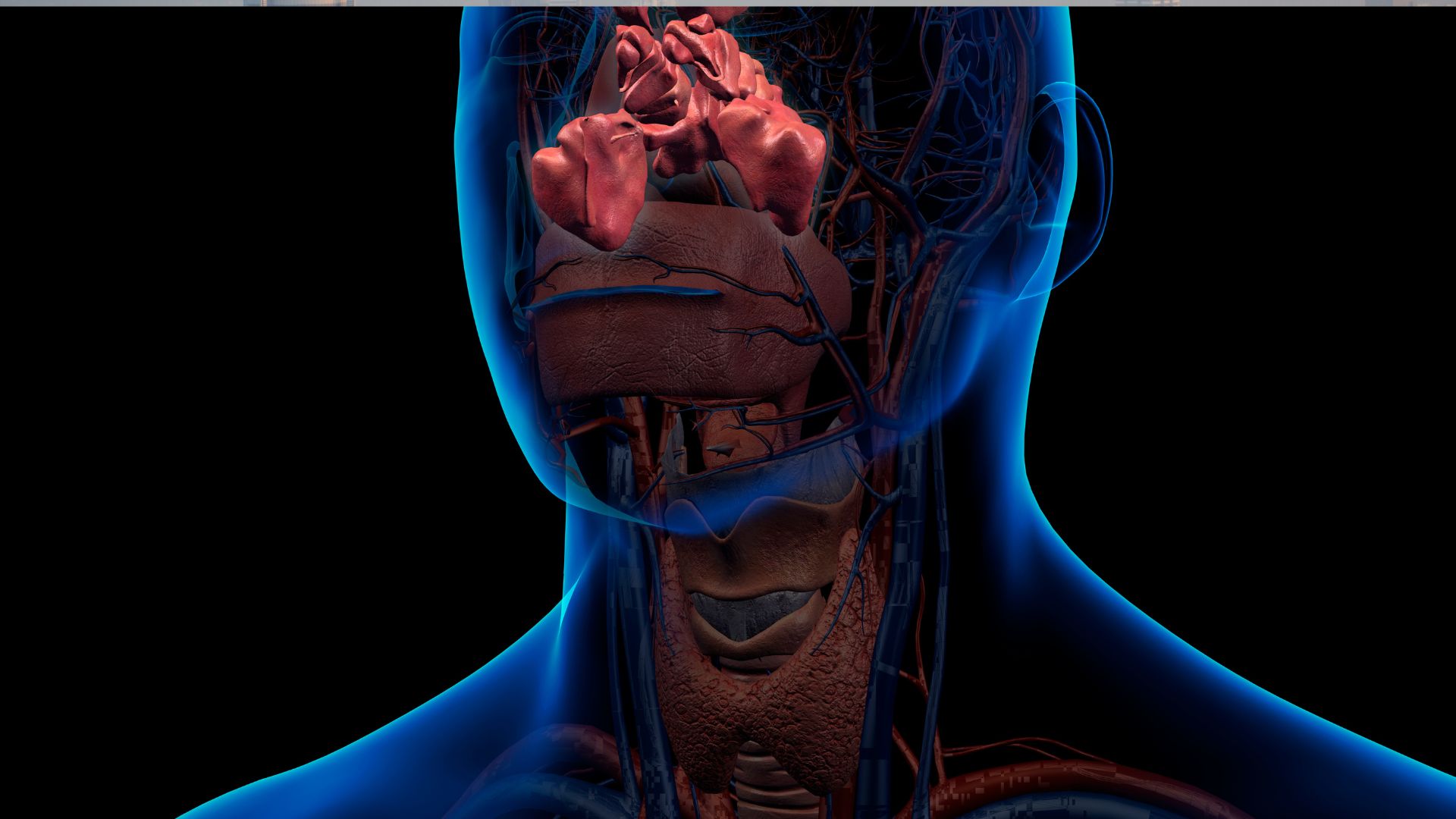Thyroid disorders are conditions that affect the thyroid gland, a small butterfly-shaped gland located in the neck. This gland plays a crucial role in regulating various bodily functions, including metabolism, heart rate, and temperature. When the thyroid gland malfunctions, it can lead to a range of health issues, including those affecting ear, nose, and throat (ENT) health.
Introduction to Thyroid Disorders
The thyroid gland produces hormones that control metabolism and energy levels in the body. Common thyroid disorders include hypothyroidism, hyperthyroidism, and thyroid nodules. Hypothyroidism occurs when the thyroid gland doesn’t produce enough hormones, while hyperthyroidism is characterized by an overproduction of hormones. Thyroid nodules are abnormal growths within the thyroid gland.
Impact of Thyroid Disorders on ENT Health
Thyroid Disorders and Hearing Loss
Thyroid disorders can have a significant impact on hearing health. Studies have shown that untreated thyroid disorders, especially hypothyroidism, can lead to sensorineural hearing loss. This type of hearing loss occurs when the inner ear or the auditory nerve is damaged, resulting in difficulty hearing sounds clearly.
Thyroid Disorders and Voice Changes
Changes in thyroid hormone levels can affect the muscles and tissues in the throat, leading to voice changes. Individuals with hypothyroidism may experience hoarseness or a deepening of the voice, while those with hyperthyroidism may have voice tremors or an increase in pitch.
Thyroid Disorders and Swallowing Difficulties
Thyroid nodules or enlargement of the thyroid gland can cause pressure on the throat, leading to swallowing difficulties or a sensation of a lump in the throat. This can impact an individual’s ability to eat and speak comfortably.
Diagnosis of Thyroid Disorders
Symptoms of thyroid disorders vary depending on the type and severity of the condition. Common symptoms include fatigue, weight changes, hair loss, and mood swings. Diagnostic tests such as blood tests, thyroid ultrasound, and thyroid scans help identify thyroid disorders and their impact on ENT health.
Treatment Options
Treatment for thyroid disorders depends on the underlying cause and severity of the condition. Medications such as levothyroxine or antithyroid drugs may be prescribed to regulate thyroid hormone levels. In some cases, surgery to remove part or all of the thyroid gland may be necessary. Additionally, lifestyle changes such as dietary modifications and stress management techniques can help manage thyroid disorders effectively.
Prevention and Management
While some thyroid disorders cannot be prevented, adopting a healthy lifestyle can reduce the risk of developing certain thyroid conditions. Eating a balanced diet, exercising regularly, managing stress, and avoiding tobacco products can support thyroid health. Regular check-ups with a healthcare provider can help monitor thyroid function and address any concerns promptly.
The Role of an ENT Surgeon
ENT surgeons play a crucial role in diagnosing and treating thyroid-related ENT issues. They work closely with endocrinologists and other healthcare professionals to provide comprehensive care to patients with thyroid disorders. ENT surgeons may perform procedures such as thyroidectomy (removal of the thyroid gland) or vocal cord surgery to address thyroid-related complications affecting ENT health.
Case Studies
Case Study 1: Mrs. Smith, a 45-year-old woman, presented with complaints of hoarseness and difficulty swallowing. After thorough evaluation by an ENT surgeon, she was diagnosed with thyroid nodules compressing her vocal cords. Surgical removal of the nodules resulted in improvement of her symptoms and voice quality.
Case Study 2: Mr. Johnson, a 60-year-old man, experienced sudden hearing loss accompanied by fatigue and weight gain. Further testing revealed hypothyroidism as the underlying cause of his symptoms. With appropriate medication and lifestyle changes, his thyroid levels normalized, and his hearing gradually improved.
Conclusion
In conclusion, thyroid disorders can have a significant impact on ENT health, affecting hearing, voice, and swallowing functions. Early diagnosis and comprehensive management by healthcare professionals, including ENT surgeons, are essential for optimizing outcomes and improving quality of life for individuals with thyroid disorders.
FAQs
- What are the common symptoms of thyroid disorders affecting ENT health? Common symptoms include voice changes, swallowing difficulties, and hearing loss.
- Can thyroid disorders lead to permanent hearing loss? Untreated thyroid disorders, especially hypothyroidism, can contribute to permanent hearing loss.
- How are thyroid disorders diagnosed by ENT specialists? ENT specialists may perform physical exams, imaging tests, and blood tests to diagnose thyroid disorders.
- Are there any natural remedies for managing thyroid disorders and their impact on ENT health? While natural remedies may offer some symptom relief, it’s important to consult with a healthcare professional for proper management of thyroid disorders.
- What lifestyle changes can help alleviate ENT symptoms associated with thyroid disorders? Eating a balanced diet, staying hydrated, managing stress, and avoiding tobacco products can support overall thyroid and ENT health.
About Author:
Dr. Vivek Kumar Pathak: Renowned ENT Surgeon, Senior Professor, and Founder.
Dr. Pathak, ENT surgeon at Kailash Hospital, Senior ENT Professor at Sharda University, and founder of Entegrity Care, brings expertise and innovation to healthcare. Discover the visionary behind Doxtreat Healthcare, shaping the future of ENT care.
Website www.drvivekpathak.com
Call +917838450942
WhatsApp +91 78384 50942
Book an appointment with Dr. Vivek kumar Pathak by filling the form.



